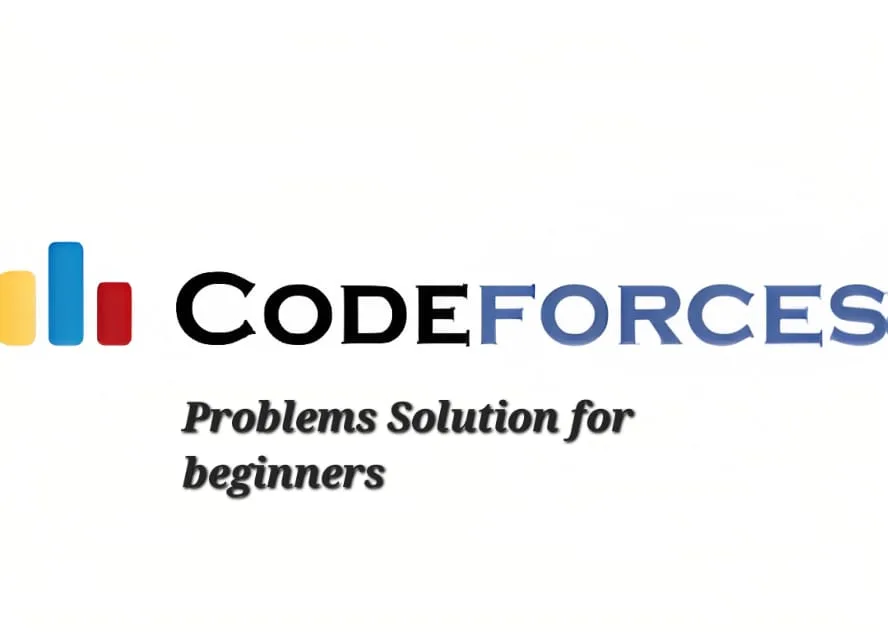Are you one of those who want to learn programming but are not sure of how to go about it? Among the diverse programming languages available today, Java is one of the most user-friendly and general purpose language. Whether your goal is to become a professional software engineer or learn coding for better personal projects, language like Java is a sure way to open up numerous opportunities for you in the world of technology. In this article aimed at beginners, we shall discuss the reasons why Java is ideal for everyone, provide solutions to typical queries and also give you risk-free tips to help you start writing codes right way.
Why Choose Java as Your First Programming Language?
The main reason is that Java manages to create a balance between complexity and ease of use. It is an object-oriented core, so, is considered to be running on any operating system. In other words, once you have developed a java program, you don’t have to change it even if you wish to run it in a different Operating system. This inspired the spread of java in many other sectors such as web design, mobile applications, and enterprise solutions.
Key Benefits of Learning Java:
- High Demand: Java is one of the top 5 most in-demand programming languages globally, with large companies like Google and Amazon seeking skilled Java developers.
- Robust Community: With millions of users worldwide, you’ll find abundant resources, tutorials, and forums where beginners can get support.
- Cross-Platform Compatibility: Java’s platform independence allows applications to run on various devices, from desktop computers to smartphones.
- Scalability: Java is ideal for building large-scale applications, ensuring that even as your project grows, Java can handle increased complexity.
Frequently Asked Questions About Beginning Java Programming
1. What is Java, and How is it Different from Other Languages?
Java is a modern programming language that was created by Sun Microsystems which is now a subsidiary of Oracle, for simplicity and object-oriented programming. It is more user friendly in the sense that it handles memory allocation automatically as opposed to programming languages such as C++ and hence, fosters good programming practices even for those who are not well acquainted with coding and its common pitfalls, for example, memory leaks.
2. What Tools Do I Need to Start Programming in Java?
To start coding in Java, you’ll need:
- JDK (Java Development Kit): This is the main software development tool kit required to build applications in the java programming language.
- IDE (Integrated Development Environment): IDEs such as IntelliJ IDEA, Eclipse or NetBeans make it easier to write, debug and run java programs.
- Text Editor (Optional): For those who are absolute beginners, they can opt to use a simple text editor like Notepad++ before they are ready to use an IDE.
3. How Long Does It Take to Learn Java?
For a true beginner without any programming background, a reasonable estimate for doing Java basics would be somewhere from 3 to 6 months of studying for a couple of hours every day. Learning the advanced concepts tends to take even longer, but with regular practice, one can expect to get skilled in it over a period of time.
4. What Are Some Common Challenges Faced by Beginners?
A considerable number of neophytes find it difficult to grasp the fundamental concepts underlying OOP design such as inheritance, encapsulation and polymorphism. Another issue that most of them have is how to debug or even find an error in a code. The good thing about these challenges is that they are not impossible to overcome thanks to regular practice and some IDEs that come with debugging tools.
Actionable Steps to Start Coding in Java
- Install Java and Set Up Your IDE: Begin by downloading the JDK from Oracle’s official website and installing it. Then, choose an IDE like IntelliJ IDEA or Eclipse and set it up on your machine.
- Learn the Basics of Java Syntax: Start by writing simple programs that introduce you to Java’s core features, such as variables, loops, and conditional statements. Focus on getting comfortable with basic syntax and structure.
- Understand Object-Oriented Programming (OOP) Concepts: Dive into classes, objects, methods, and how they interact. This will form the foundation for more complex programs in the future.
- Practice with Simple Projects: Begin with small projects like a calculator or a to-do list. These will help reinforce the concepts you’ve learned and give you hands-on experience.
- Use Online Resources: Platforms like Codecademy, Udemy, and FreeCodeCamp offer beginner-friendly tutorials. You can also join Java programming forums to get help and advice.
How to Stay Motivated as a Java Beginner
Starting out in programming can feel overwhelming, but here are some ways to stay motivated:
- Set Achievable Goals: Break down your learning process into smaller tasks like understanding loops or mastering data types.
- Join Coding Communities: Being part of a supportive learning group can keep you engaged. Participating in coding challenges or hackathons will also test your skills and expose you to real-world problems.
- Track Your Progress: Use a coding journal or progress-tracking app to monitor your learning milestones.
Is Java Enough for a Programming Career?
Should one be satisfied with mastering only Java programming language to get jobs in computer programming? Quite often starting developers think about mastering only Java programming language, and the other programming languages will be regarded as an extra skill which is not true in real practice. There are always higher level expected job roles such as those in Data Science or Web programming where normally they would expect one to know languages such as Python, SQL, JavaScript, among many others. Nonetheless, Back to Java, one can indeed get an entry level Java developer position due to his solid understanding of Java, and that person can build his/her abilities on a Java skillset from that point.
Common Java Mistakes Beginners Should Avoid
- Skip Fundamental Skills: Be sure to learn the basics of Java and its programming concepts such as Java rules and structure, pointers, and variables before moving on to advanced Java topics.
- Disregard of Object-Oriented Programming (OOP): As previously mentioned, OOP is the very foundation of Java programming, and hence the structures and elements become unstable without OOP principles.
- Do Not Use Debuggers: Most novice coders will often avoid the debugger that comes with the IDE. It however, greatly helps in increasing one’s ability to solve problems through learning how to debug.
Conclusion
To put down Java in principle it is that easy for a beginner, however, if learning is done in the right way, it is a journey filled with useful experiences that explores diverse career paths. Such that by following the stages, doing the exercises, and using the learning aids, a person will master the Java programming language. Be as ambitious as the sky limits in your learning objectives but also be as calm as a tortoise and within no time, you will be surprised at how proficiently and confidently you are able to code.




